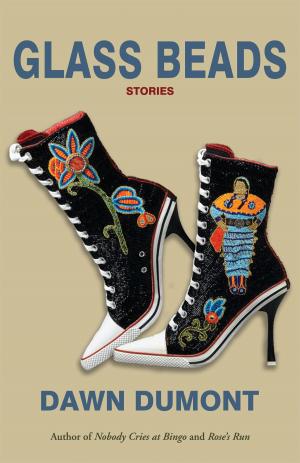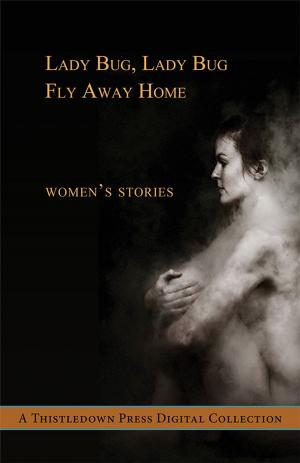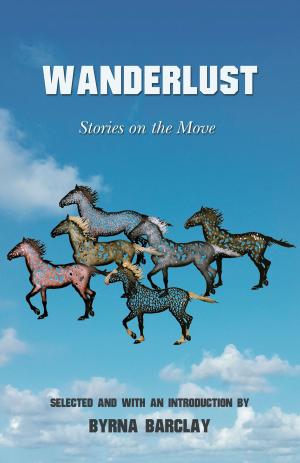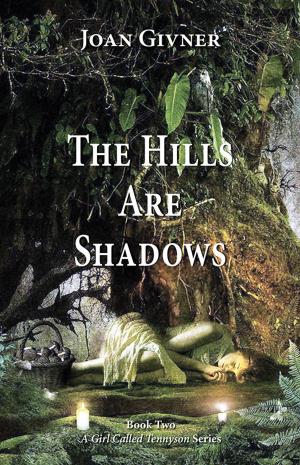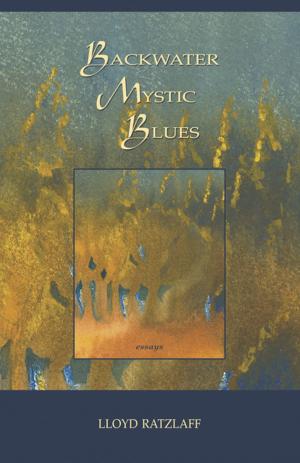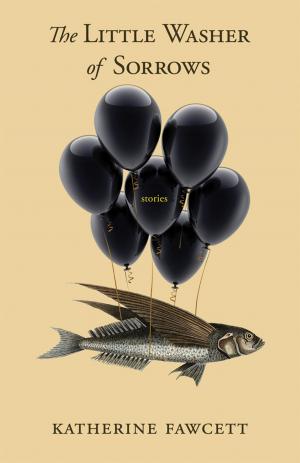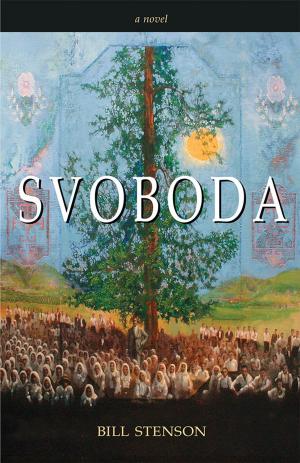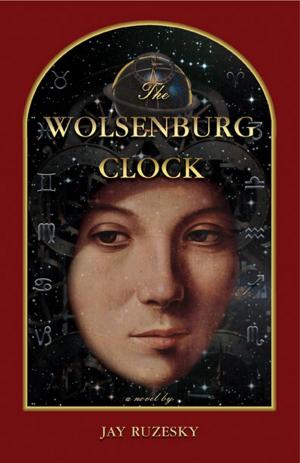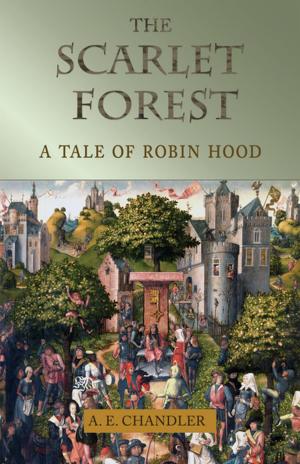| Author: | Harold Johnson | ISBN: | 9781927068137 |
| Publisher: | Thistledown Press | Publication: | March 15, 2012 |
| Imprint: | Thistledown Press | Language: | English |
| Author: | Harold Johnson |
| ISBN: | 9781927068137 |
| Publisher: | Thistledown Press |
| Publication: | March 15, 2012 |
| Imprint: | Thistledown Press |
| Language: | English |
Ben Robe is a retired political science professor who has returned to his reserve at Moccasin Lake, Saskatchewan, to live out his life in relative peace and solitude. But the complications of a sudden and intense US annexation of Canada change his plans. Cued into a Canadian resistance movement by his former student and lover, Monica, Ben soon learns that the layers of political and military activity go far beyond his careful social conscience in this dystopian world. Radical young women like Monica, Betsy Chance, and Joan Lightning post one face of the resistance, while farmers like Abe Friesen, and Mennonite Mary Wiens post another. Paralleled with characters like these are the reserve’s citizens who remain sheltered from the immediate troubles down south, but must accept that they cannot remain passive forever. The novel accents Ben’s struggles with his own desire for independence, love, and forgiveness, but at its core it remains a telling and passionate portrait of First Nations community life, the value and safety of family, and the need for friendship. It achieves an understanding of what an individual’s responsibilities are when civil liberty, order and stability are jeopardized by an occupying power, but shows that solitary acts of defiance that champion family trust and the individual’s capacity to love are their own agents of resistance.
Ben Robe is a retired political science professor who has returned to his reserve at Moccasin Lake, Saskatchewan, to live out his life in relative peace and solitude. But the complications of a sudden and intense US annexation of Canada change his plans. Cued into a Canadian resistance movement by his former student and lover, Monica, Ben soon learns that the layers of political and military activity go far beyond his careful social conscience in this dystopian world. Radical young women like Monica, Betsy Chance, and Joan Lightning post one face of the resistance, while farmers like Abe Friesen, and Mennonite Mary Wiens post another. Paralleled with characters like these are the reserve’s citizens who remain sheltered from the immediate troubles down south, but must accept that they cannot remain passive forever. The novel accents Ben’s struggles with his own desire for independence, love, and forgiveness, but at its core it remains a telling and passionate portrait of First Nations community life, the value and safety of family, and the need for friendship. It achieves an understanding of what an individual’s responsibilities are when civil liberty, order and stability are jeopardized by an occupying power, but shows that solitary acts of defiance that champion family trust and the individual’s capacity to love are their own agents of resistance.



